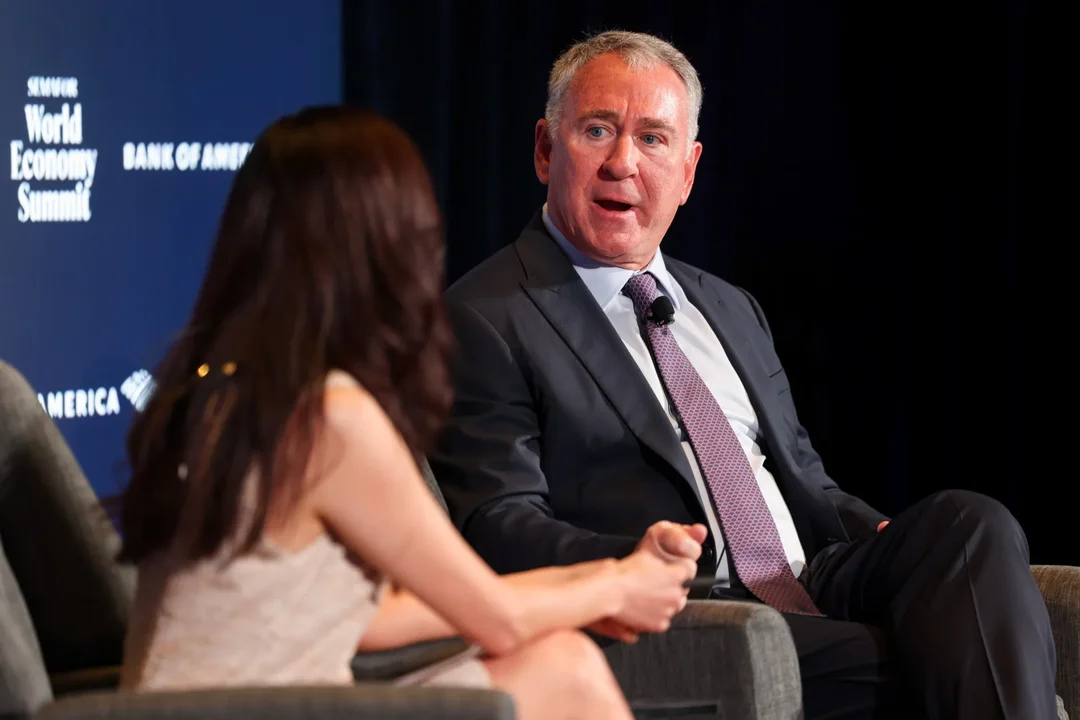
Is America’s Financial Reputation at Risk? Insights from Ken Griffin
In a recent stark warning during the Semafor World Economy Summit, Ken Griffin, the founder and CEO of Citadel, expressed serious concerns about the trajectory of the United States under President Donald Trump's administration. As trade wars escalate, Griffin indicates that the U.S.'s prestigious financial reputation is in jeopardy, raising questions about the economic future.
Griffin remarked, "The United States was more than just a nation… it's a universal brand." His comments reflect a growing apprehension among business leaders regarding Trump's trade policies, which have led to significant market volatility. With tariffs on imports reaching unprecedented levels, the behavior of global investors hints at a distancing from what was once considered the safest market: U.S. Treasurys.
During the summit in Washington, D.C., Griffin emphasized that the swift and often chaotic nature of Trump's trade decisions has eroded America's standing with its allies and investors alike. He stated, "We put that brand at risk. It can be a lifetime to repair the damage that has been done," highlighting the lasting impact of current political and economic strategies.
The crux of Griffin's argument hinges on the belief that while Trump may have correctly identified major economic issues, his solutions have fallen short. Recent inflationary concerns and political tensions have compounded the challenges at hand. According to Griffin, the volatility in the markets—triggered by Trump's announcements and inconsistent policies—has already rendered the U.S. approximately 20% poorer over just four weeks, based on comparisons with the euro.
As investors respond to this shifting landscape, Griffin's observations serve as a stark reminder that any detrimental changes to the U.S.'s economic image could have ripple effects across the global spectrum. He illustrated his concern by questioning how other nations perceive the U.S. amid these turbulent waters: "How does Canada feel about our country today versus two months ago?"
Further emphasizing his point, Griffin cited the implications for American corporations and institutions as they navigate this unpredictable terrain. He drew comparisons to revered entities like Harvard University, which, despite facing scrutiny, holds immense societal value. Griffin suggested that undermining such influential brands could have dire consequences and tarnish the greater American ethos.
Griffin's candid remarks not only reflect his financial acumen but also portray a broader narrative of how interconnected political policies and economic representations are in shaping public and global trust. As the current administration continues to maneuver through complex trade negotiations, it raises a crucial question: Will the U.S. be able to restore its standing, or are we witnessing a potential decline of a once-unassailable financial brand?
As discussions about the direction of U.S. economic policy persist, Griffin's insights compel us to reflect on the importance of maintaining the integrity and strength of American financial brands. What steps can be taken to ensure that the U.S. preserves its coveted status in the global economy? We invite our readers to share their thoughts and perspectives in the comments below.